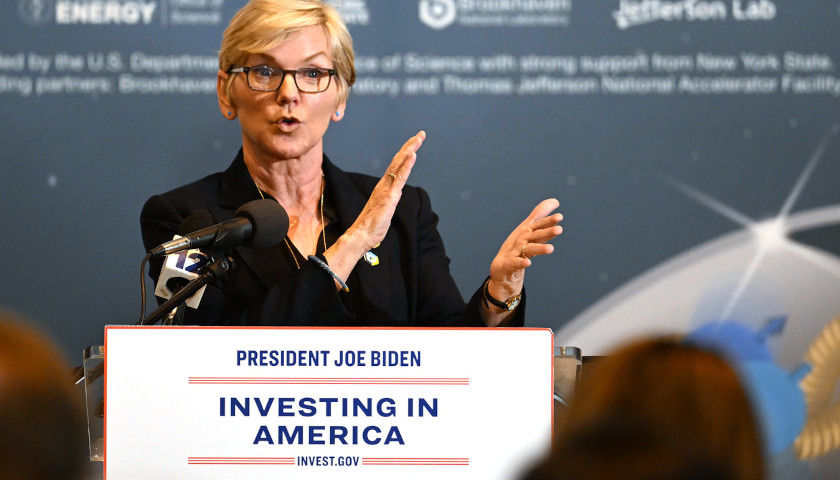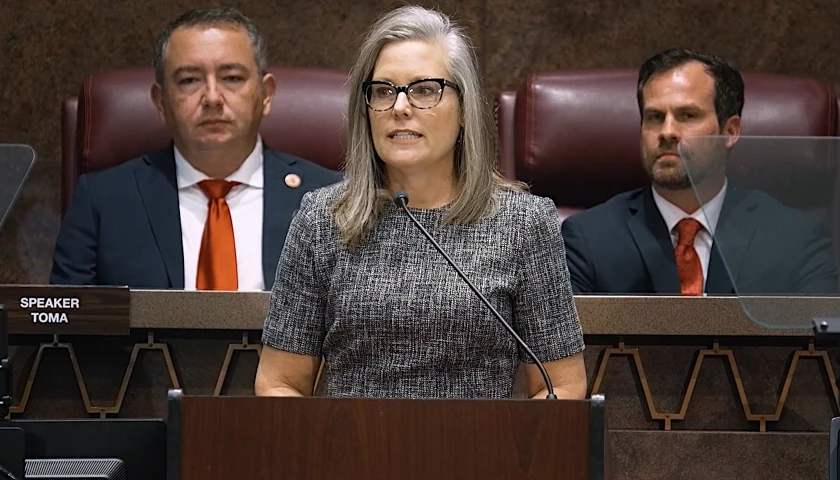by Jennie Taer
The Supreme Court ruled in favor of the state of Oklahoma Wednesday in a case that weighed whether a state can prosecute crimes committed by non-Native Americans against Native Americans on reservation land.
Oklahoma v. Castro-Huerta involved a non-Native American defendant Victor Manuel Castro-Huerta, who admitted to “severely” under nourishing his 5 year-old stepdaughter, a Cherokee citizen. The state charged Castro-Huerta and his wife for child neglect. Castro-Huerta’s sentence was 35 years in prison with a possibility of parole.
While Castro-Huerta was appealing his case, a 2020 decision of the high court came in the case of Oklahoma v. McGirt, which turned nearly half the state into Native American land and limited the state’s ability to prosecute crimes, handing that power over to federal authorities.
 “Under the Court’s precedents, as we will explain, a State’s jurisdiction in Indian country may be preempted (i) by federal law under ordinary principles of federal preemption, or (ii) when the exercise of state jurisdiction would unlawfully infringe on tribal self-government,” Supreme Court Justice Brett Kavanaugh wrote in Wednesday’s 5-4 opinion.
“Under the Court’s precedents, as we will explain, a State’s jurisdiction in Indian country may be preempted (i) by federal law under ordinary principles of federal preemption, or (ii) when the exercise of state jurisdiction would unlawfully infringe on tribal self-government,” Supreme Court Justice Brett Kavanaugh wrote in Wednesday’s 5-4 opinion.
“To be clear, the Court today holds that Indian country within a State’s territory is part of a State, not separate from a State. Therefore, a State has jurisdiction to prosecute crimes committed in Indian country unless state jurisdiction is preempted,” Kavanaugh added.
Oklahoma Gov. Kevin Stitt celebrated the decision, calling it a “clear victory for all four million Oklahomans, the state of Oklahoma, and the rule of law,” in a statement shared with The Daily Caller News Foundation.
“This is a pivotal moment. For two years, as a fourth generation Oklahoman, member of the Cherokees, and Governor of the state of Oklahoma, I have been fighting for equal protection under the law for all citizens. Today our efforts proved worthwhile and the Court upheld that Indian country is part of a State, not separate from it. I look forward to working with leaders across the state to join our efforts in combatting the criminal-justice crisis in Oklahoma following McGirt,” Stitt said.
The McGirt decision meant that the entire eastern portion of Oklahoma would be considered “Indian country,” where the state lacked the authority to prosecute crimes committed by non-Native Americans against Native Americans on Native American land. But the federal authorities that would then prosecute those crimes only pursued the most severe cases, according to officials who previously spoke with TheDCNF.
“The FBI is not prosecuting car thefts and burglaries, any kind of drugs, DUIs,” Oklahoma Gov. Kevin Stitt previously told TheDCNF on the steps of the Supreme Court after the state presented arguments in Oklahoma v. Castro-Huerta in April.
NEW: I spoke with Oklahoma @GovStitt about the state's appeal at #SCOTUS today in a case regarding tribal sovereignty. We discussed the issue as it relates to crime on tribal reservations. Here's what he had to say: pic.twitter.com/5M2OnrliXp
— Jennie Taer (@JennieSTaer) April 27, 2022
FBI Oklahoma City Spokesperson Connor Hagan previously told TheDCNF that the FBI had an overwhelming amount of cases it had to handle after the McGirt decision.
“This drastic increase in FBI jurisdiction poses significant and long-term operational and public safety risks given the challenges associated with the increased number of violent criminal cases now under federal jurisdiction within Oklahoma’s Indian Country territory,” Hagan said.
– – –
Jennie Taer is a reporter at Daily Caller News Foundation.








